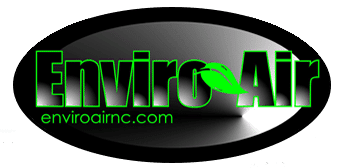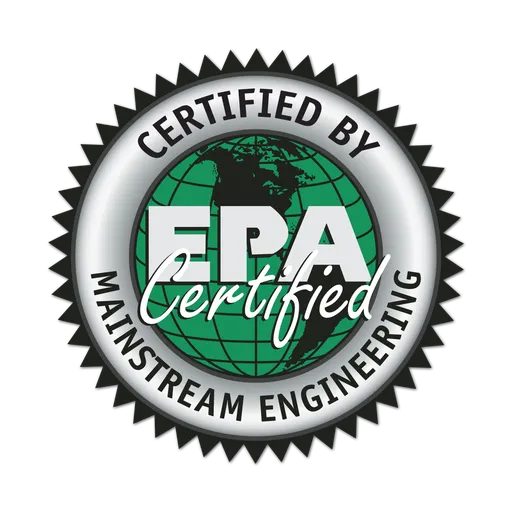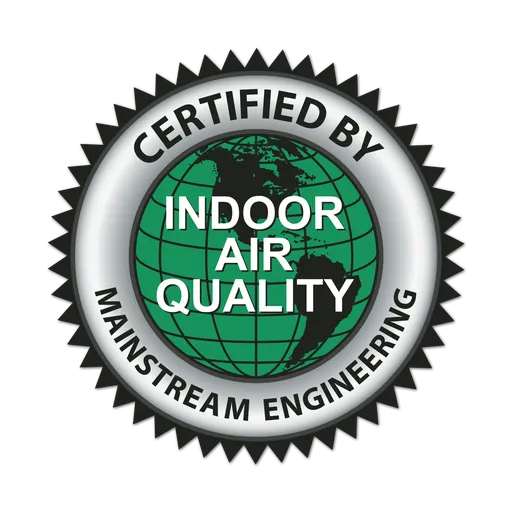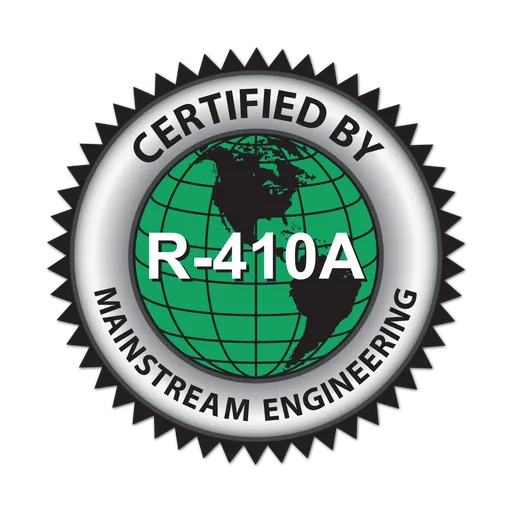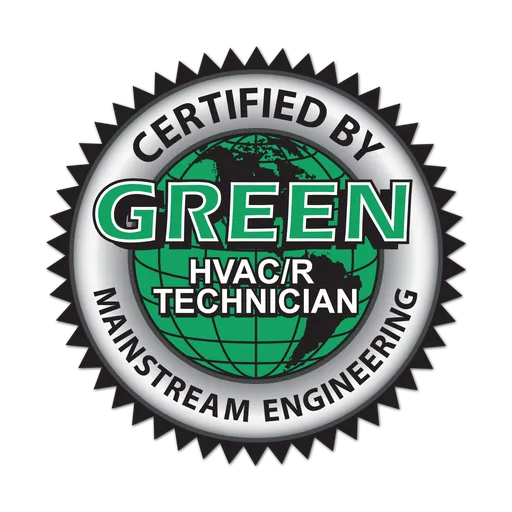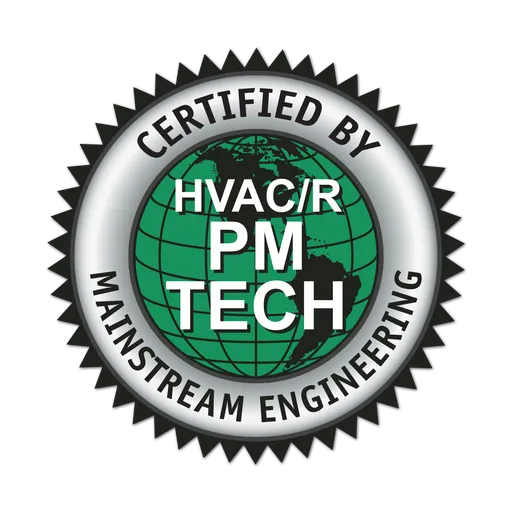Your HVAC (Heating, Ventilation, and Air Conditioning) system is one of the most important and expensive components of your home. It’s easy to take for granted the comfort and air quality provided by your system, but when it fails to operate properly, you’ll quickly take notice. We will be looking at some basic pieces of knowledge you should be armed with to get the most out of your system and the least out of your wallet. Let’s take a look at three things every homeowner should know about HVAC.
#1: Changing Your Filters Regularly Is Vital
Perhaps the single most important thing you can do for your HVAC system is to regularly change your filter. Best of all, it’s something you can easily do on your own and in a relatively cheap and quick manner. Think of all the pollen, dust mites, and smog (among many other things) floating around in the outside air. Now consider the fact that the filter serves as the primary barrier between that and the inside of your home. If that’s not enough to sway you, think about it like this: changing your filters regularly can save you money. The reason for this is pretty simple. Because air can’t flow as easily through a clogged filter, your system has to work harder to cool or heat your home. That shortens your system’s lifespan and equates to higher energy usage and, as a result, a higher utility bill. What’s more, all the gunk not trapped by your filter is likely to end up in the motor, fans, or coils—and now you’re looking at some serious repairs (or even replacement).
So how often do you need to do this? Well, that depends on a number of factors. ENERGY STAR recommends that filters be changed after every three months of frequent use, and most experts would advise you to at least inspect your filter once a month during heavy-use periods likes the summer. As a rule, the cheaper the filter, the more often it will need to be replaced. To learn more about different types of filters and how often they should be changed, read our article on filter options. Other things to consider before choosing a filter: Does anyone in your household have asthma or other respiratory ailments? Do you regularly keep windows and doors open? Do you have pets or smokers in your household? How is the general air quality in your neighborhood? Take these factors into account when choosing what type of filter to purchase, and always err on the side of replacing or cleaning your filter too often.
#2: Your HVAC System Needs Regular Maintenance
You should get your system checked out twice a year—ideally, once in the spring and once in the fall. Even if your system seems to be working just fine, you’ll want to have it inspected by a professional before it’s put to serious use in the hot and cold months.
During these routine visits, the technician will perform a number of services. He or she should clean and inspect your unit’s coils, adjust and replace fan belts, clean and inspect the blowers and fans, check the refrigerant (traditional Freon is giving way to the more eco-friendly Puron), lubricate motors and bearings, and tighten all electrical connections to ensure they’re receiving the proper voltage. He or she will also take a look at your filters and replace them if necessary. (If you don’t already know how to do this on your own, this is a great time to ask.) The thermostat and operating temperatures should be verified, and finally, the technician should perform a full system cycle—from startup to shutdown—to make sure everything is in working order.
#3: How to Maximize Your HVAC Efficiency
Aside from regularly replacing your filter, there are a number of things you can do to ensure you’re getting the most out of your system while doing the least amount of harm to your bank account and the environment.
- First, you should be able to detect when your system is sick. Strange noises or smells, unusually high utility bills, and decreased comfort (72 degrees on the thermostat doesn’t feel like 72 degrees in the room) are all indicative of a problem. Call an HVAC company immediately to avoid costlier repairs down the line.
- Next, be sure you’re not losing airflow through your ducts. A simple way to test for this is to hold a candle or stick of incense near the connections and watch to see if the smoke wafts around; if it does, you’ve got a leak. Fortunately, this can easily be remedied with a little foil tape (or duct mastic for more severe gaps).
- Likewise, proper insulation, especially in the attic, can drastically improve your system’s efficiency and make your utility bill considerably more palatable.
- Another consideration is the placement of your thermostat and condenser unit; these should not be situated in areas that receive direct sunlight. While it might not be practical to immediately relocate these if they’re already in place, you can perhaps shield them to some extent with some creative screening.
- Finally, and most simply, take advantage of curtains, blinds, and ceiling fans. Making use of them takes a serious load off your HVAC system.
This may seem like a lot of information about something you probably don’t often consider, but it barely scratches the surface. There’s a reason we leave the bulk of HVAC work to the professionals. Contact your local Best Picks to get the best advice and service for your system. And seriously, change your air filters regularly—it’s THAT important.
